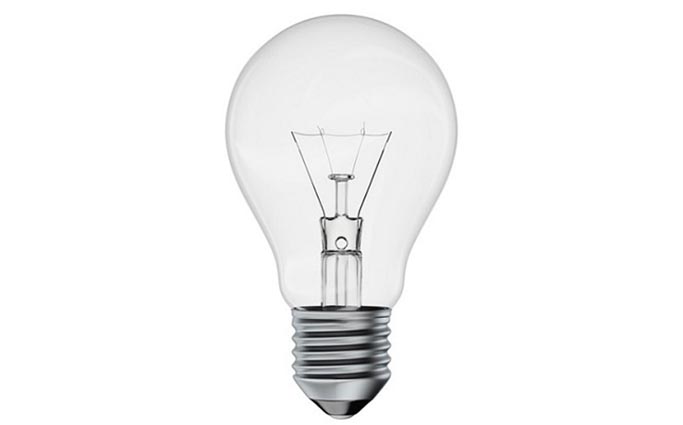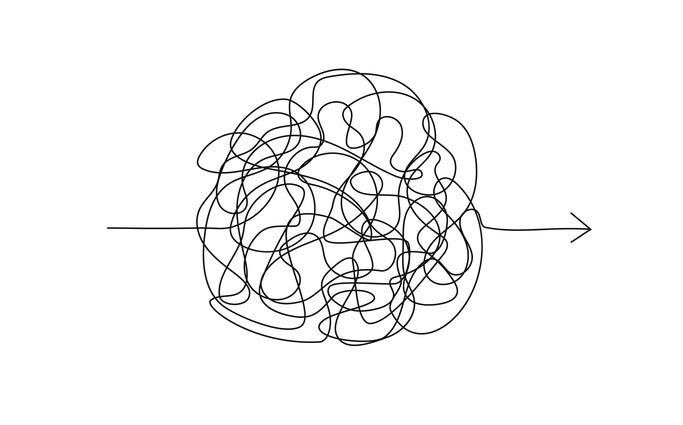Panic Attacks
Panic attacks are a sudden a heightened activation of the bodies central nervous system. This can occur unexpectedly during a calm state or in an anxious state. Although panic attacks can occur just on their own, it is not uncommon for individuals to experience anxiety attacks in the context of other psychological struggles. For example, someone with social anxiety might have a panic attack before giving a talk at a conference and someone with OCD (obsessive-compulsive disorder) might have a anxiety attack when prevented from engaging in a ritual or compulsion.


Panic attacks are extremely unpleasant and can be very frightening. As a result, people who experience repeated anxiety attacks often become very worried about having another attack and may make changes to their lifestyle to avoid having panic attacks. For example, avoiding exercise to keep their heart rate low, or avoiding certain places.
Panic attacks tend to follow a similar pattern and the CBT way of working with one can be helpful for understanding what happens. Something begins to trigger the sympathetic nervous system which is used for dealing with threats, we can be aware of this trigger or sometimes we may not be aware. Following this, we notice what is physically happening with our bodies. That may be noticing a pounding heart, dizziness, shaking, sweating etc.

Panic Attacks
Panic attacks like other anxiety-based issues come from something not threatening to life and limb being perceived as a huge threat. This is what triggers the central nervous system and our fight or flight so violently. Psychoeducation around panic attacks as well as understanding the underlying triggers that start them are crucial steps in terms of fighting off these debilitating and disorientating experiences. Your good therapist will be able to help you fight these attacks
Knowing how your own panic attacks feel, as well as understanding things like that you won’t faint during a anxiety attack help you to stay grounded. Not making the misinterpretation is huge in not getting overwhelmed by the attack. Anxiety attacks often come as part general anxiety, social anxiety, PTSD, OCD and Phobias – click these links to explore more about these other conditions. Our therapists who work with general anxiety are Michael Ledden, Tara Morrissey, Aoife Doyle, Sean Thunder, Stephen Keogh, Elaine Garrigan and Sinead O’Hare.
Getting Help
Anxiety Ireland has fully trained counsellors nationwide on standby to assist you in taking back control of these problems. CBT can be very helpful for Panic Attacks and many techniques to help control panic can be learned.
Our network of counsellors are working online and over the phone so they can be free to reach you where you are located.
Symptoms
- RAPID HEARTBEAT RESULTING IN THE FEAR OF AN IMPENDING HEART ATTACK. THE FEELINGS ARE INTENSE AND FRIGHTENING.
- DEPERSONALIZATION (FEELING LIKE YOU’RE OUTSIDE YOUR BODY)
- FEELING OF DOOM, OR THE FEELING AS THOUGH YOU’RE ABOUT TO DIE
- EXCESSIVE SWEATING OR HOT/COLD FLUSHES
- TROUBLE BREATHING OR LIGHT-HEADEDNESS OR DIZZINESS
- SEVERE ANXIETY, ESPECIALLY HEALTH ANXIETY
- TINGLING SENSATIONS, NUMBNESS, OR WEAKNESS IN THE BODY
- CHEST PAIN OR STOMACH PAIN, POSSIBLY WITH DIGESTIVE PROBLEMS AND/OR DISCOMFORT.
- FEELING OF HELPLESSNESS OR FEELING LIKE YOU’RE NO LONGER YOURSELF
“Panic attacks have felt to me in the past like a shortness of breath and a deep physical discomfort that I’m out of control of my facial expressions, gestures, the way I’m holding myself etc… overall I guess feeling out of control and in a state of fear.”
Anonymous
“It doesn’t just creep up on me, I’m just right in the middle of it before I know it and it’s kind of too late then. It’s hot and feels like I’m going to pass out, and I just need to get out of wherever I currently am. I can normally tell it’s a panic attack afterwards because once I’ve established that I’m “safe” or out of wherever it was that I was, I feel the same – cold sweat, heart beating really fast, and basically a sense that I want to be crying and not visible.”
Anonymous
“I would feel my hands start to tingle and sometimes it would spread to my face. I would get warm quickly and feel like it was difficult to breathe, as if I was wrapped up in a snow suit and scarves and tucked into a sleeping bag. There would feel like there was pressure on my chest and my main thought was ‘I need to get out, I can’t breathe’. In severe attacks I often didn’t realise until I came out of them. They tended to come on in times when there was a build-up of pressure rather than a specific situation. E.g. studying in the library, feeling my chest tighten and the walls closing in and an overwhelming need to escape. I would somehow make my way outside and sit in an open-air area but not realise what had happened until I came out of it.”
Anonymous
